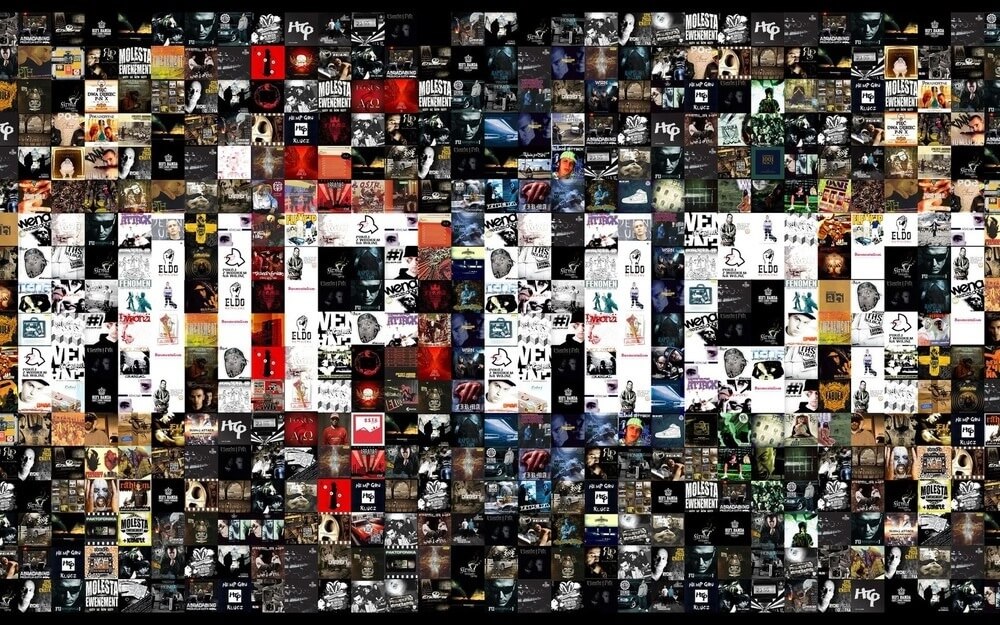The biggest movement in popular music in the past few decades has undoubtedly been the rise of hip hop. From its early beginnings on the streets of New York thanks to the innovations of the likes of Grandmaster Flash, it has now grown to become an iconic style of music with its own sound, language and aesthetic that is recognised and embraced the world over.
However, like any popular art form, hip hop has had to constantly face questions about how its basic message and musical forms have been used and diluted by the powers of big business in the mainstream media.
[youtube]https://www.youtube.com/watch?v=djuc0kg97yo[/youtube]
From its early days, hip hop provided a fantastic opportunity for young black artists to gain a new voice in the musical world thanks to the revolutionary use of cut-and-paste audio technology. This, when coupled with the polemic delivered by authoritative rap voices such as Public Enemy and KRS-One, gave rise to a powerful new black consciousness.
However, due to the crossover success of artists like Run-DMC who found massive success in white America thanks to their collaboration with the rock band Aerosmith, hip hop quickly became part of the establishment with its entertaining artists providing an ample dose of notoriety for controversy-hungry tabloid media.
[youtube]https://www.youtube.com/watch?v=3Kg2Z5-YvFg[/youtube]
The 1990s really saw hip hop become a dominant mainstream art form with Dr Dre’s gangsta rap sound providing a whole new soundtrack for those seeking the infamous West Coast lifestyle. Whereas efforts made by Wu Tang Clan ensured that the innovative musical powers of hip hop kept the art form fresh and relevant for a young generation of music fans.
But with the turn of the 21st century, the rise of multi-millionaire hip hop stars endlessly rapping about their party lifestyles led to many questioning whether hip hop was forgetting its roots. And the rise of anodyne talent shows such as X Factor have also been quick to use the appeal of hip hop for its own purposes. The example of the talent show using legendary hip hop luminary LA Reid who helped launch the careers of Outkast and Kanye West illustrates the formulaic attempts of the show’s producers to inject a little street appeal in the talent show format.
Such talent shows have also faced little success in promoting hip hop music in terms of the songs performed, as the odds on sites like http://www.flashbitch.com routinely reveal that traditional pop singers are most likely to be backed to win despite the dominance of hip hop in the music charts.
[youtube]https://www.youtube.com/watch?v=e3BHXr6Z7iM[/youtube]
This could be seen as a reflection of the show’s more mainstream viewing audience, but as Kanye West recently made an appearance at the iconic Glastonbury Music Festival, it seems likely that hip hop’s impression on popular culture will only keep growing.
By Daniel Martin

